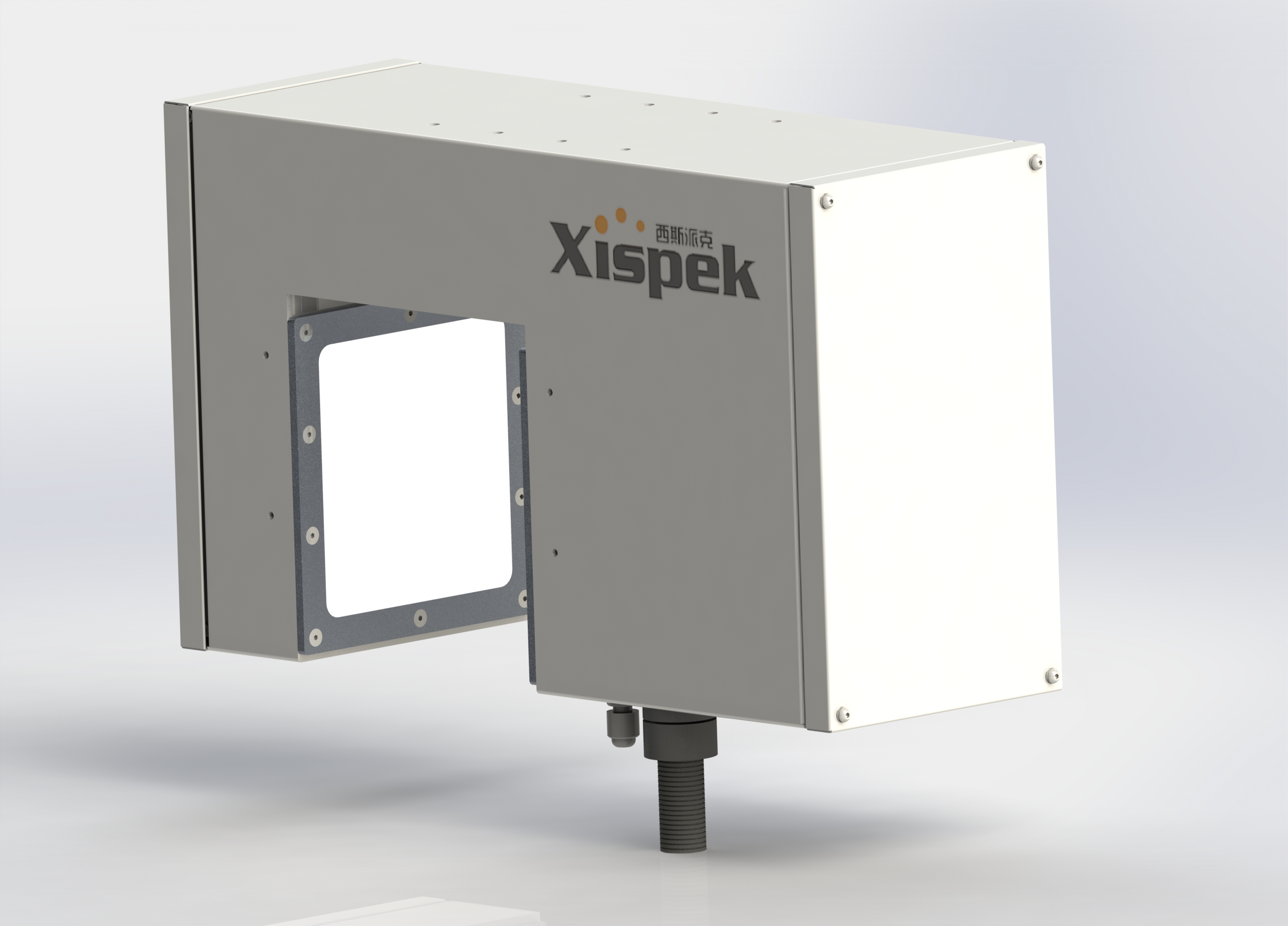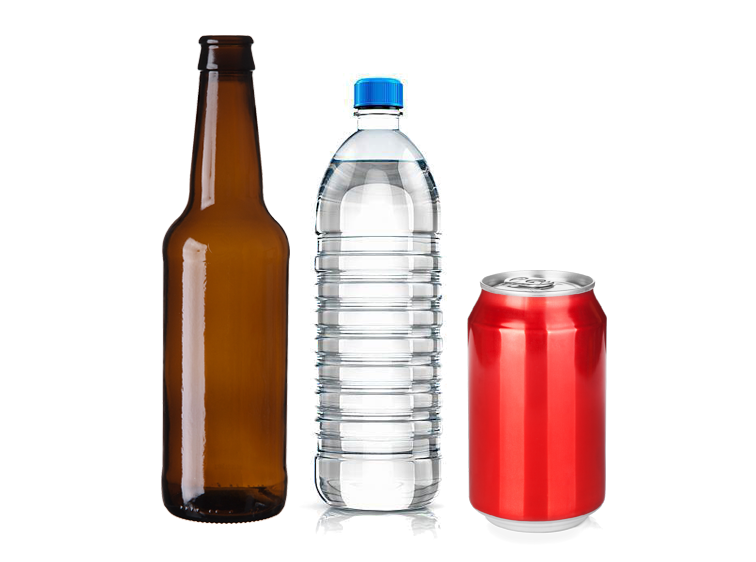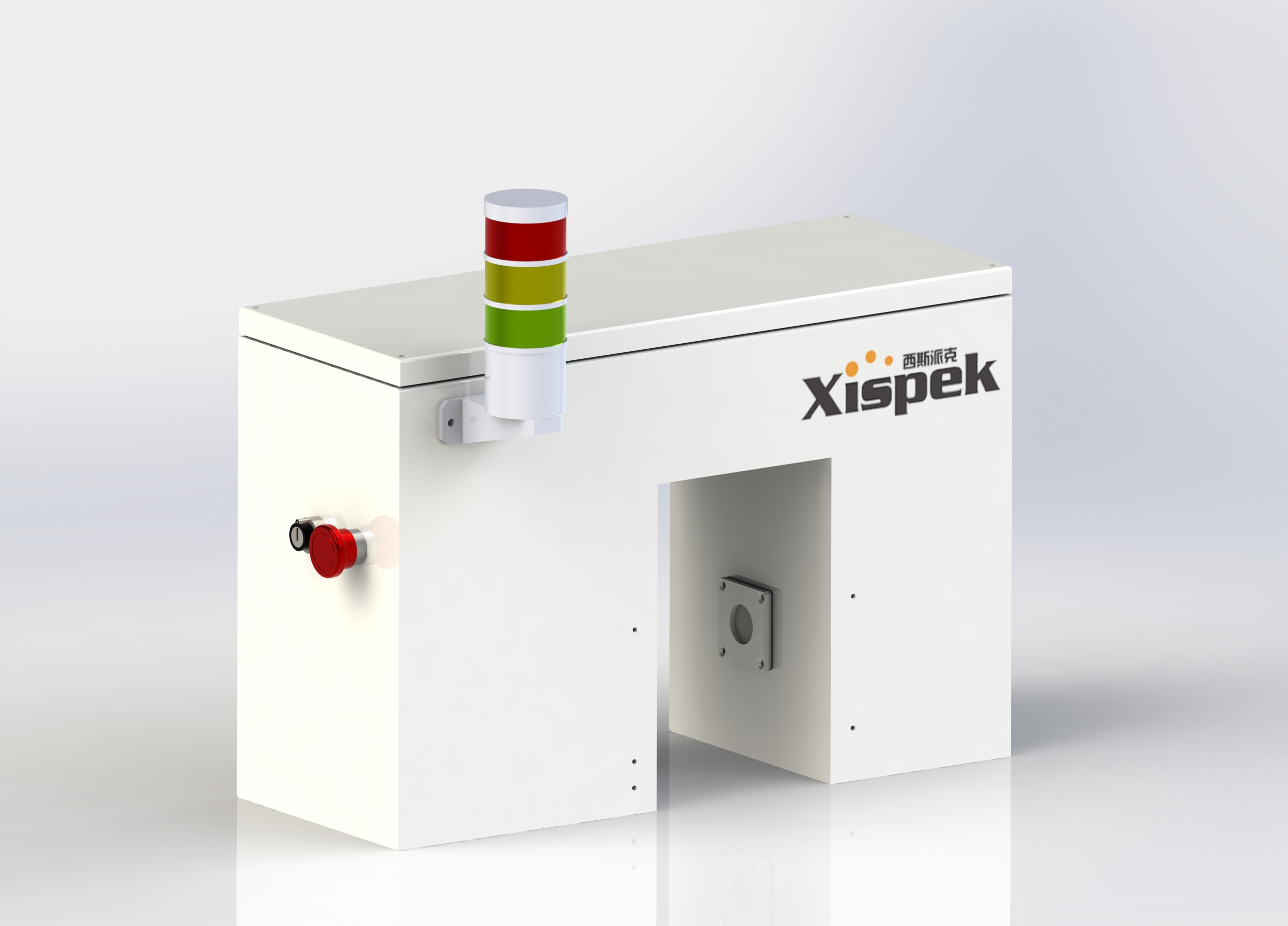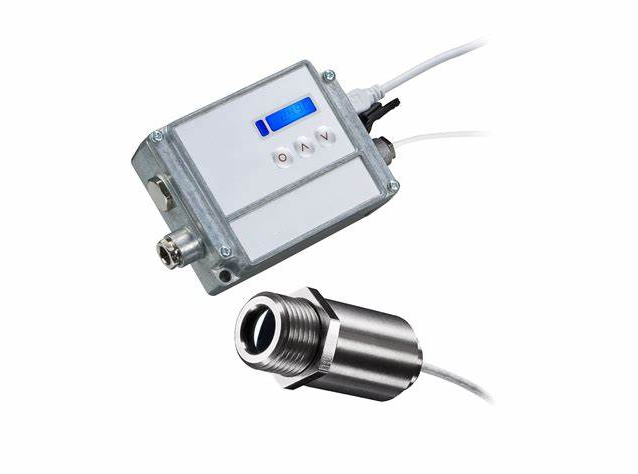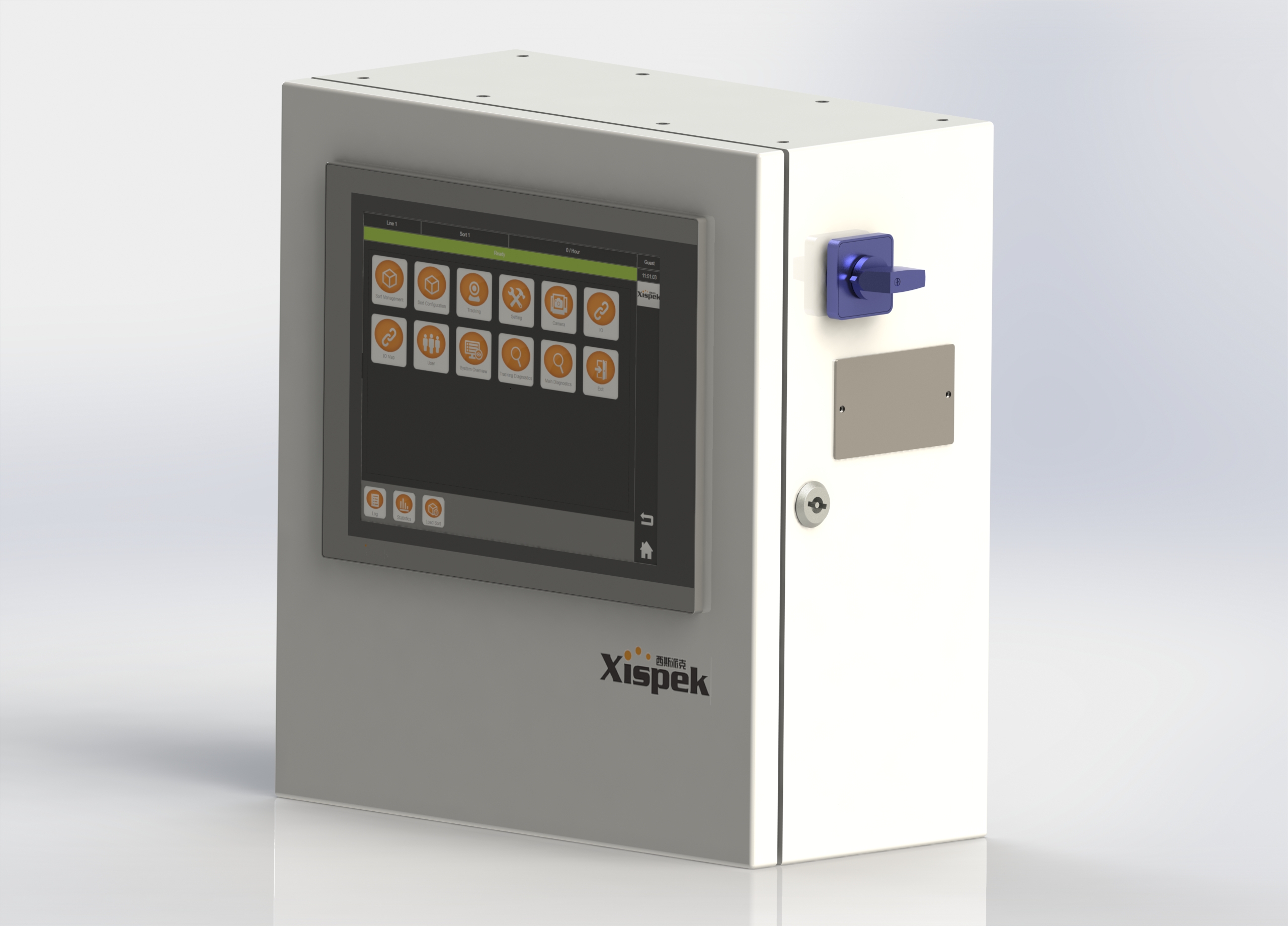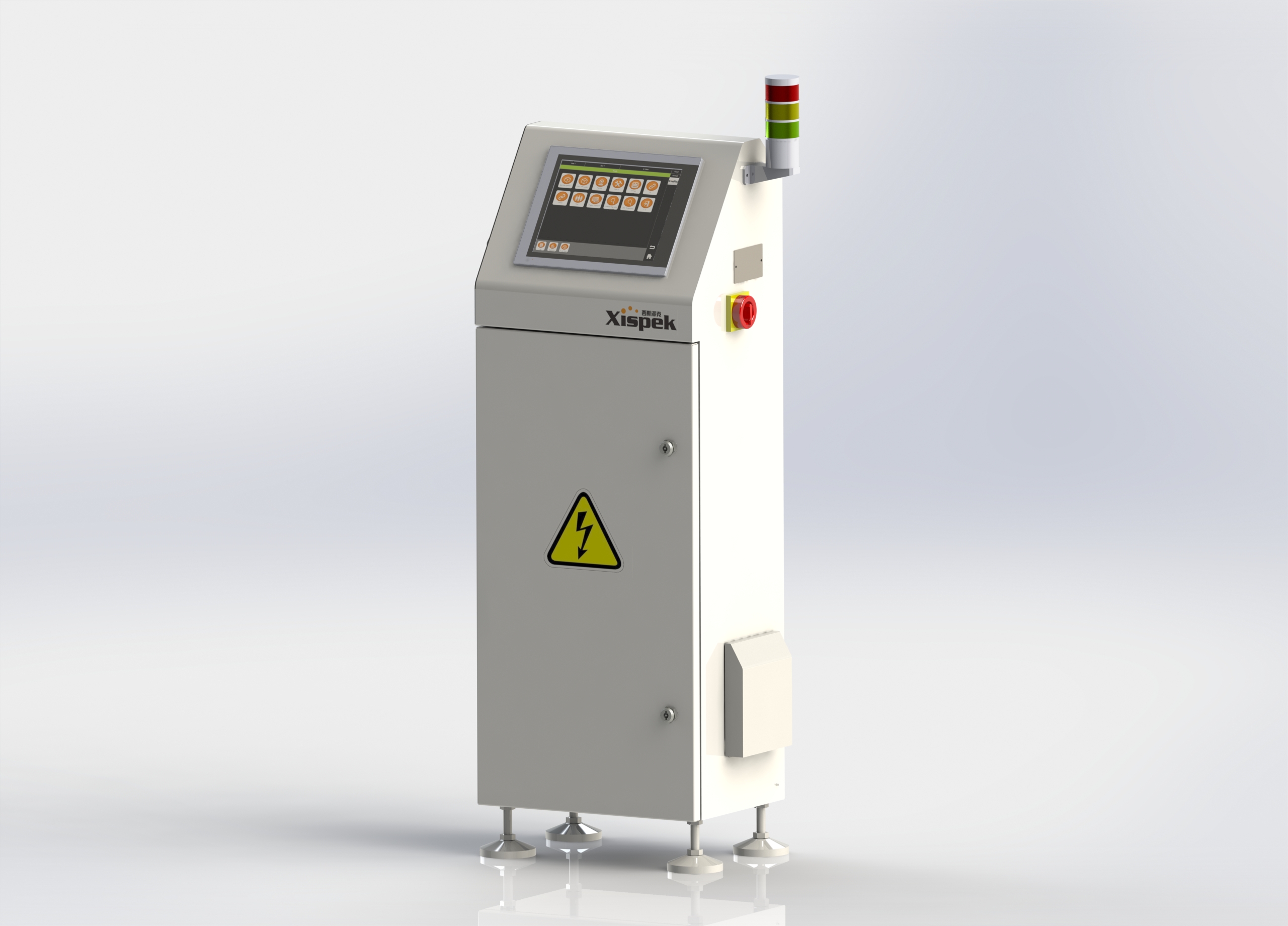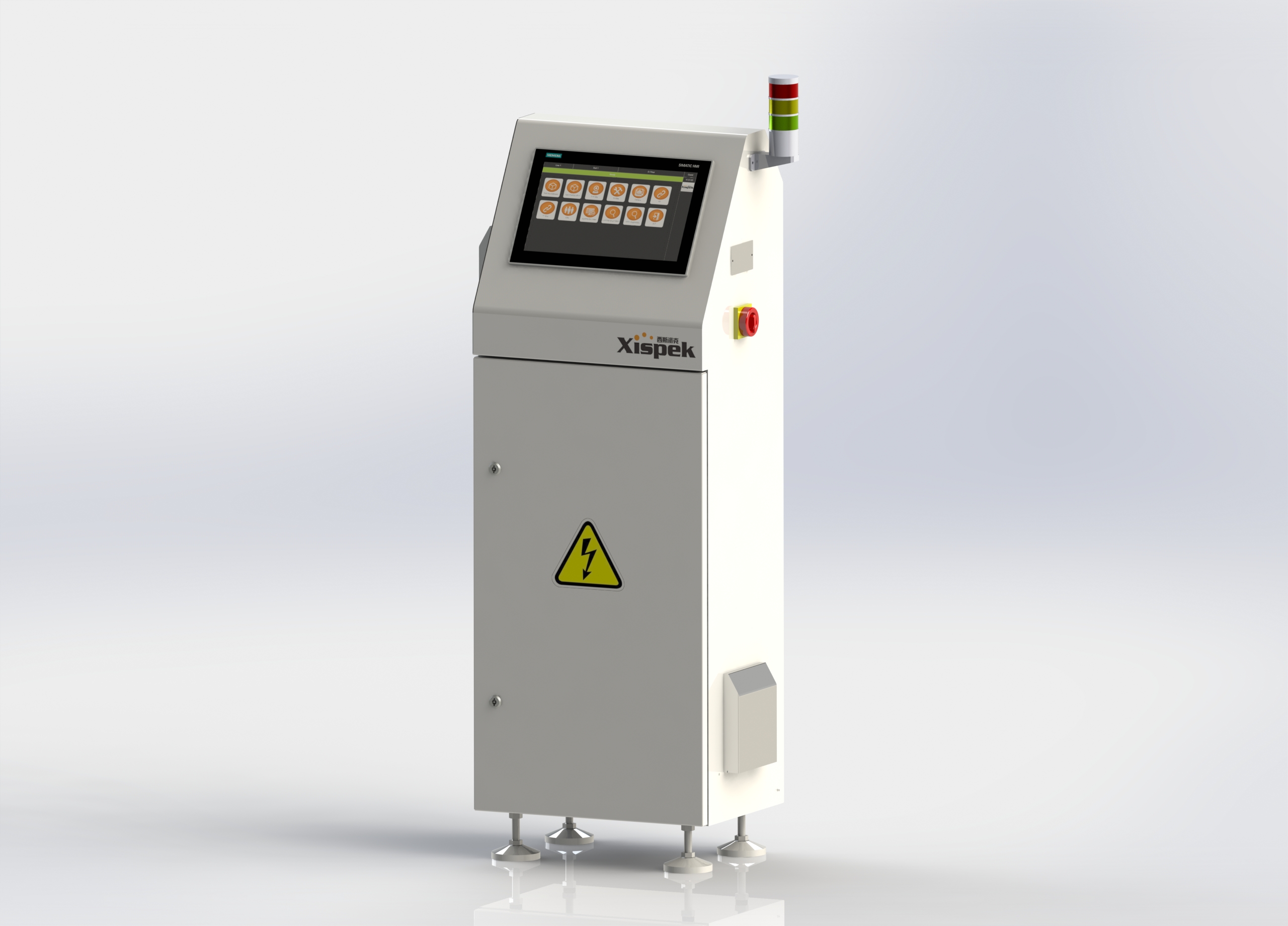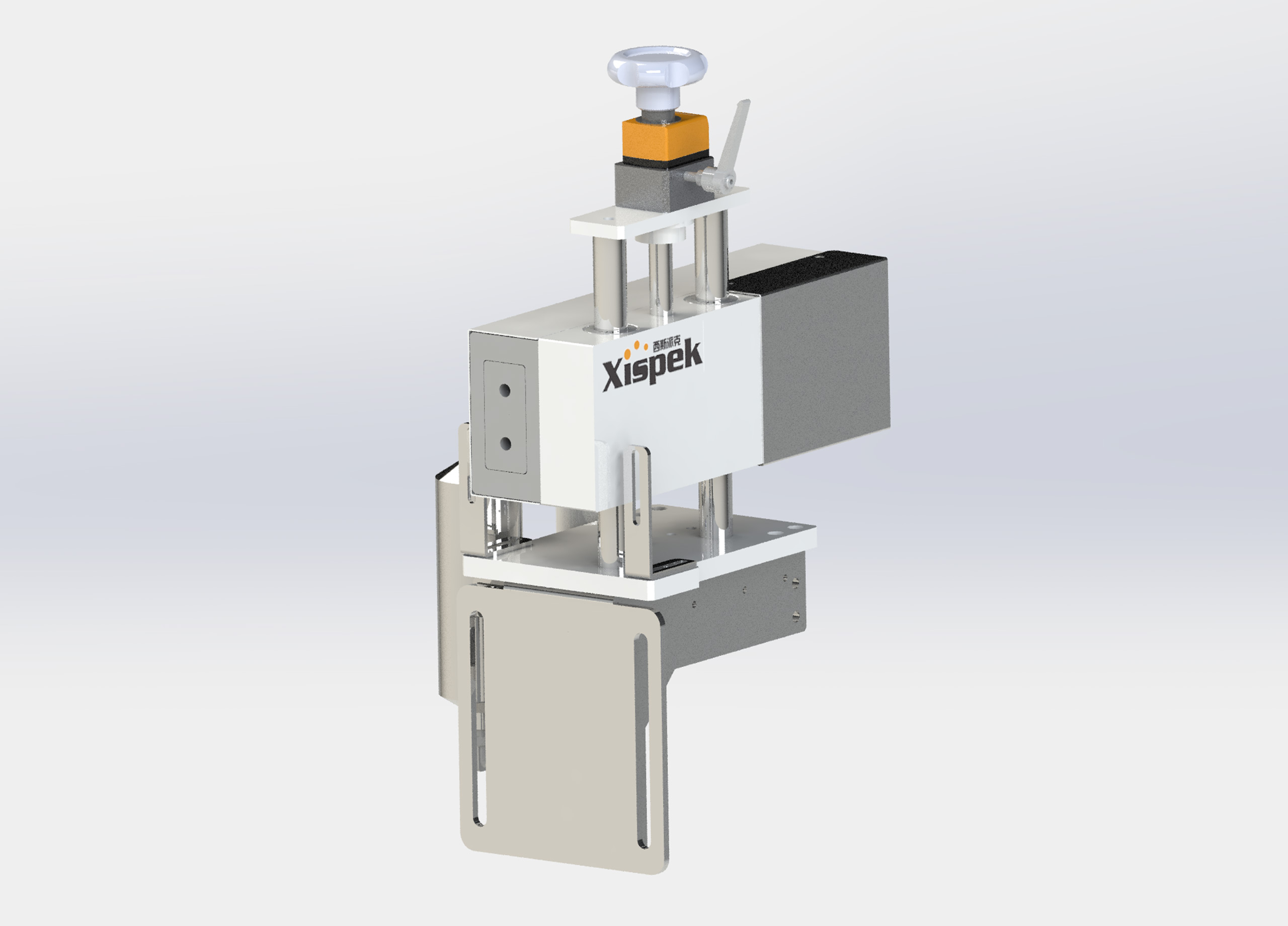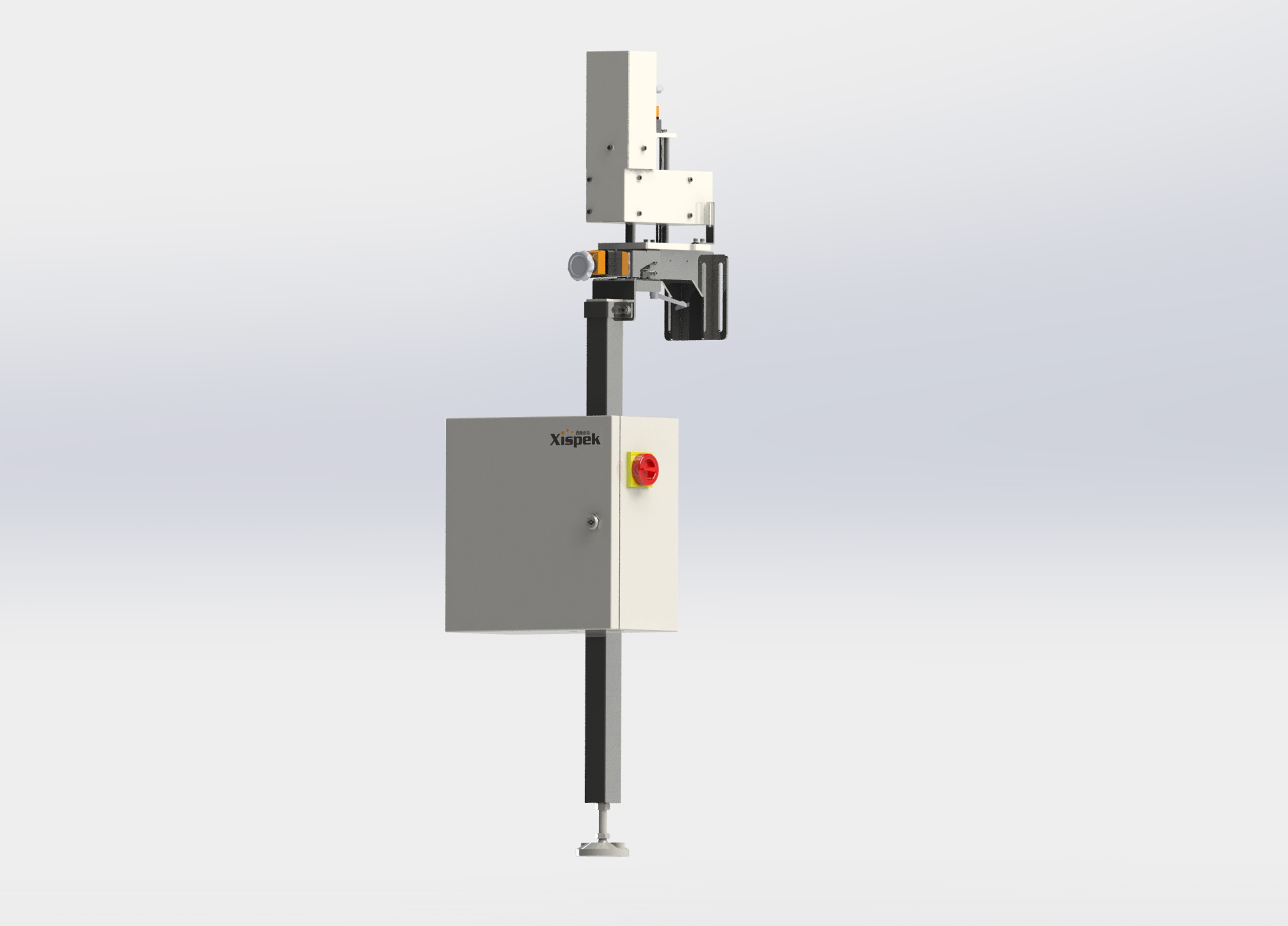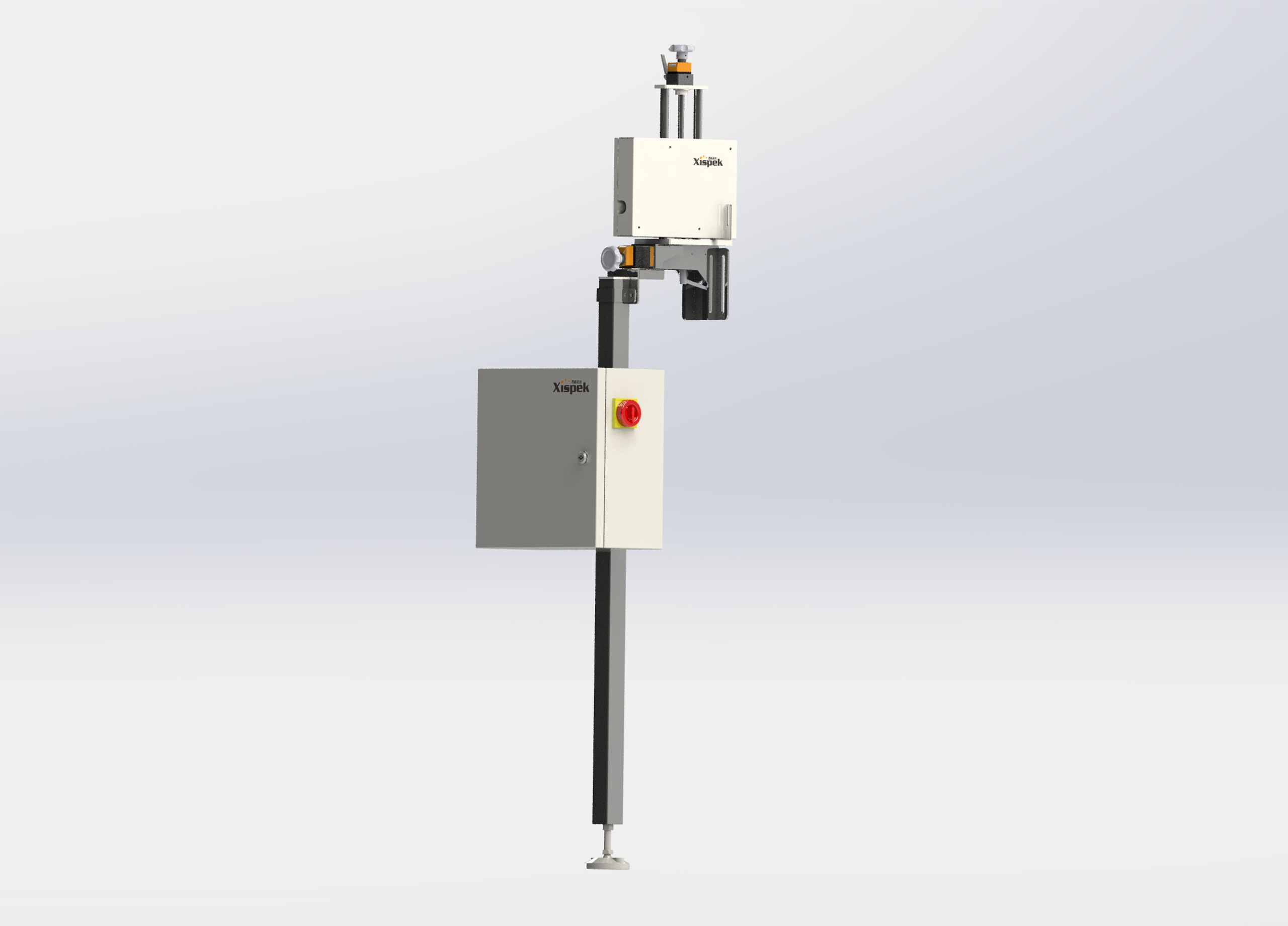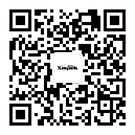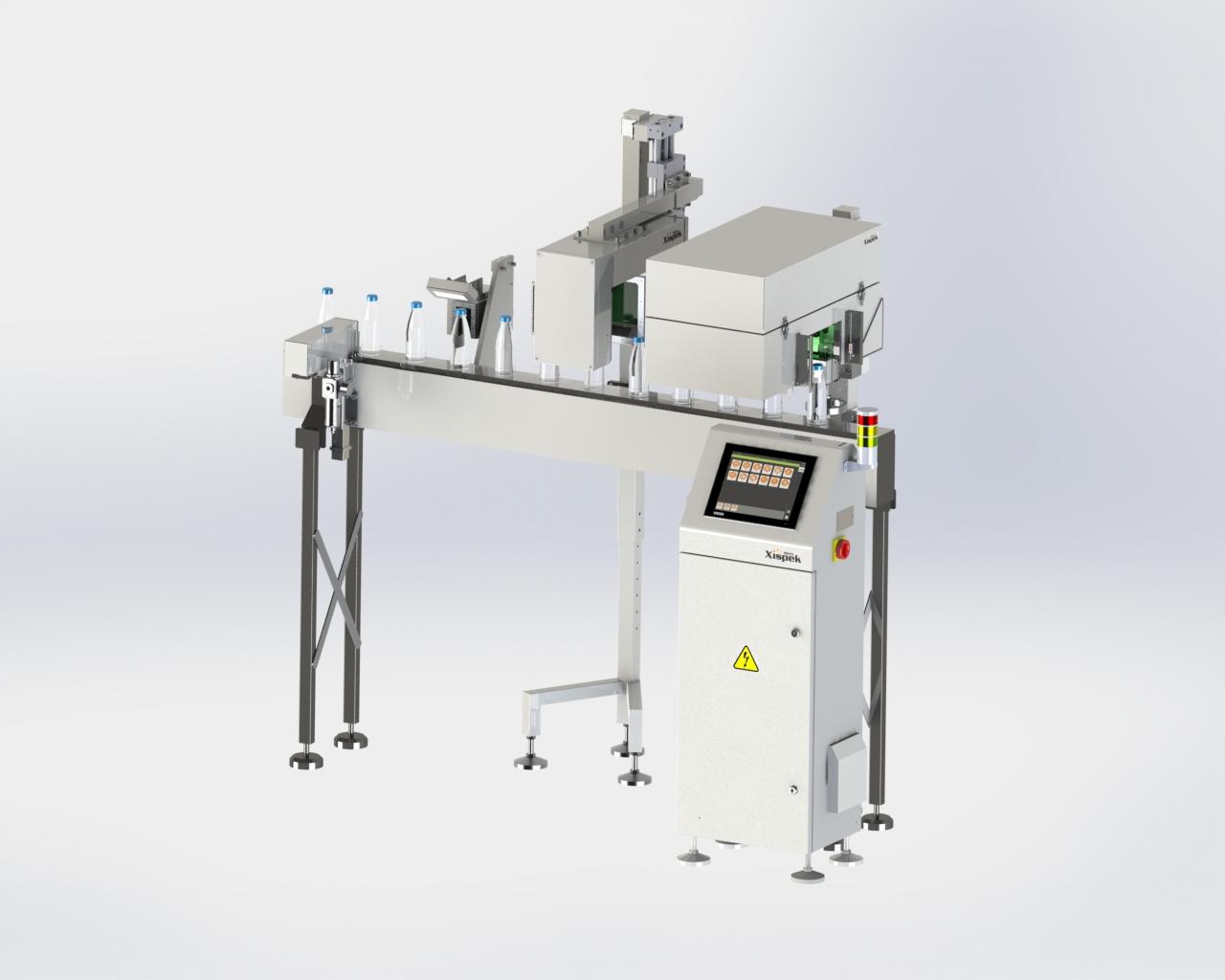
The Promita-P Mod is a modular full-bottle inspector designed, performing online inspection of filled PET bottles post-filling. It ensures product quality by reliably inspecting fill levels, caps, code, and other critical modules, followed by automatic rejection of defective products.
As an essential component of the bottling process, the Promita-P Mod enhances production efficiency, precision, and control, delivering safer and higher-quality products to consumers. Additionally, it can be integrated with a filling management system to trace defective products on the production line, enable real-time monitoring, and minimize production losses.
|
Scope of application:
|
Installation position:
|
The Promita-P Mod is an modular inspection system combining liquid level, cap, and coding presence for full bottles. It utilizes a combination of imaging and sensor technologies to ensure precise inspection for each container. With a maximum inspection speed of 72,000 bottles/hour.
The Promita-P Mod full bottle inspection machine adopts one-touch product changeover, adapting to different product formulas and selecting corresponding control centers according to different production line speeds.
The fill level inspection (FLI-G) module utilizes high-resolution cameras and specially designed light-reflecting panels to distinguish between high, low, and normal fill levels, avoiding false judgments caused by foam. The cap inspection (SCI-3) module inspects cap conditions including missing caps, high caps, low caps, skewed caps, and deformed caps. The coding inspection module identifies the presence or absence of codes on bottle bodies or caps, and can be expanded to inspect partial code missing and perform OCR code recognition. The cap top logo inspection inspects the presence or absence of logos on cap tops.
Additionally, optional modules include a filling management system and metal filling needle inspection, enabling traceability of inspection products on the production line, real-time monitoring of production operations, rejection of products containing metal reducing production losses, and improving production line efficiency.
 Fill Level Inspecion
Fill Level Inspecion
 Cap Inspection
Cap Inspection
 Code Presence
Code Presence
 Top Logo Inspection
Top Logo Inspection
 Metal filling needle inspection
Metal filling needle inspection
 Filler Management System
Filler Management System
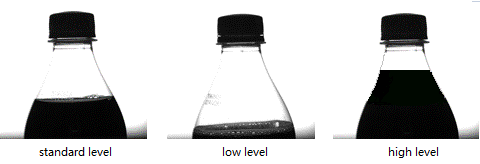
Inspects the liquid level inside bottles.
The liquid level inspection employs an industrial camera paired with a maintenance-free, long-life infrared LED light source. The strong penetration capability of infrared light enhances imaging contrast, effectively eliminating interference from foam inside bottles during level inspection.
Additionally, the XispVision inspection platform precisely calculates liquid level height by comparing left-right level differences. This compensates for liquid surface tilt effects during high-speed bottle movement, achieving ±1mm inspection accuracy to ensure system efficiency and stability.
Optional X-ray level inspection:This configuration provides the advantage of inspecting levels in products where cameras cannot capture the liquid surface (e.g., aluminum cans).

Primary inspection targets: Missing caps, high caps, skewed caps, and broken tamper bands.
Cap inspection utilizes a design with 3 industrial cameras and maintenance-free long-life white LED lighting, employing backlight imaging to enhance contrast. A precision optical reflection system enables 360° inspection of cap profiles. This achieves rejection of high/skewed caps, missing caps, and products without tamper bands, with ±1mm accuracy for high/skewed cap detection.
For cap presence-only inspection, a single-angle cap detection module is available as an option.
Inspects the presence/absence, misalignment, omission, and consecutive data errors of printed codes.
The Code inspection system is suitable for various types of coders, capable of inspecting both inkjet and laser markings. It also features high rotational tolerance for containers, enabling inspection of markings at different angles. Additionally, OCR technology is employed to recognize marking content. Continuous errors in content trigger alarms, allowing real-time monitoring of production conditions and improving production quality.
To inspect only the presence/absence of laser coding, an optional coding temperature inspection sensor can be equipped.

Inspects the presence/absence of top logo and incorrect pattern colors on mismatched caps.
Uses one color industrial camera and ring LED light source to inspect mismatched caps through color and pattern verification. Additionally, cap roundness measurement can determine whether the cap is crushed, adding an extra safety check to cap inspection. Expandable QR code/barcode content recognition capability.
Inspects the resence of metal filling needles and other metal contaminants in bottle bottoms.
Implemented using high-sensitivity metal inspectors installed on both sides of the conveyor belt. Integrated with flexible rejection systems to uniformly collect and process defective.
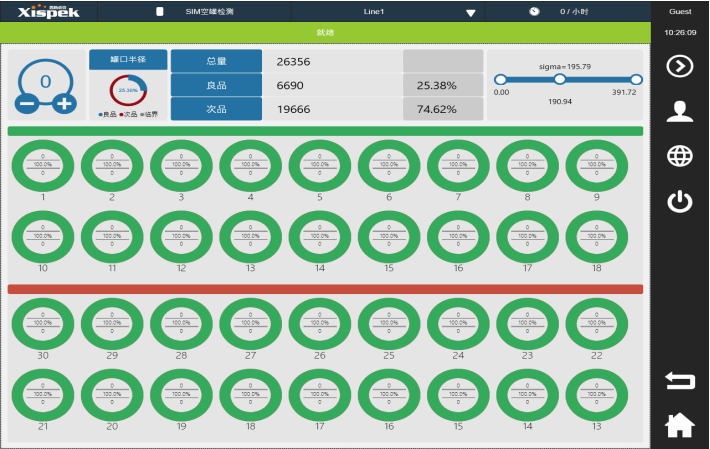
The system correlates inspection statistics (e.g., liquid level deviations, slant caps) with specific filling valve positions and capping head locations. Each filling head or other traceable equipment is equipped with a photoelectric sensor. The sensor triggers to create an independent channel for monitoring the product, which is closed upon rejection, achieving traceability.
For instance, if a filling valve frequently underfills or a capping head consistently produces misaligned caps, the system proactively alerts staff for targeted maintenance. This enables preventive fault maintenance, reduces downtime, and enhances production stability.
The system supports user-defined sampling schemes, allowing flexible rule configuration (e.g., collecting 10 bottles from a designated filling valve or batch-sampling all stations). Operators simply input requirements, and the system executes automatically—ensuring efficient, accurate, and traceable sampling to significantly improve quality control efficiency.
Filling Management System Features:
 TrackML® patented tracking technology
TrackML® patented tracking technology
 Individual statistics summary for each filling
head (capping head)
Individual statistics summary for each filling
head (capping head)
 Equipment problem diagnosis and analysis
Equipment problem diagnosis and analysis
 Sampling function
Sampling function
 Sub-item statistics by machine position
Sub-item statistics by machine position
 Graphical report generation function
Graphical report generation function


